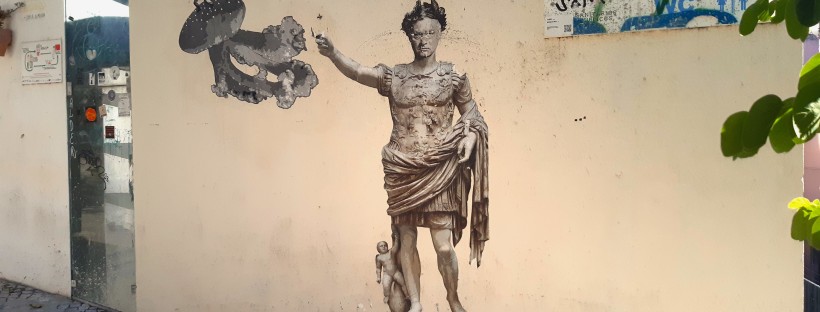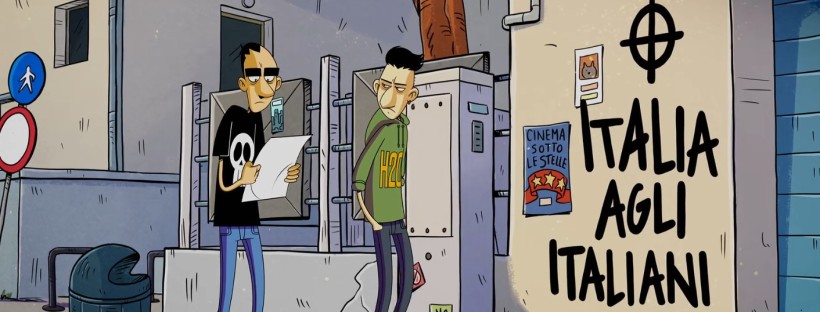One of the most iconic pieces of academic literature on populism celebrates its 20th anniversary since publication. We’re referring to “The Populist Zeitgeist”, Cas Mudde’s paper published by Government & Opposition in 2004. Since then, it has been cited thousands of times and has established itself as a guiding light for scholars in need of a definition of populism.
Without “The Populist Zeitgeist” this blog would probably not exist. But what arguments are developed beyond the definition of populism in the paper? What does the author think of it two decades after its publication? How has “The Populist Zeitgeist” aged so far? How has the field of populism studies evolved since 2004? POP asked all these questions, and more to Cas Mudde himself. Along the way, you’ll see mentions of Ernesto Laclau, Margaret Canovan, Peter Mair, Donald Trump, Robert Plant, and many others.
Enjoy the read…
Continue reading









